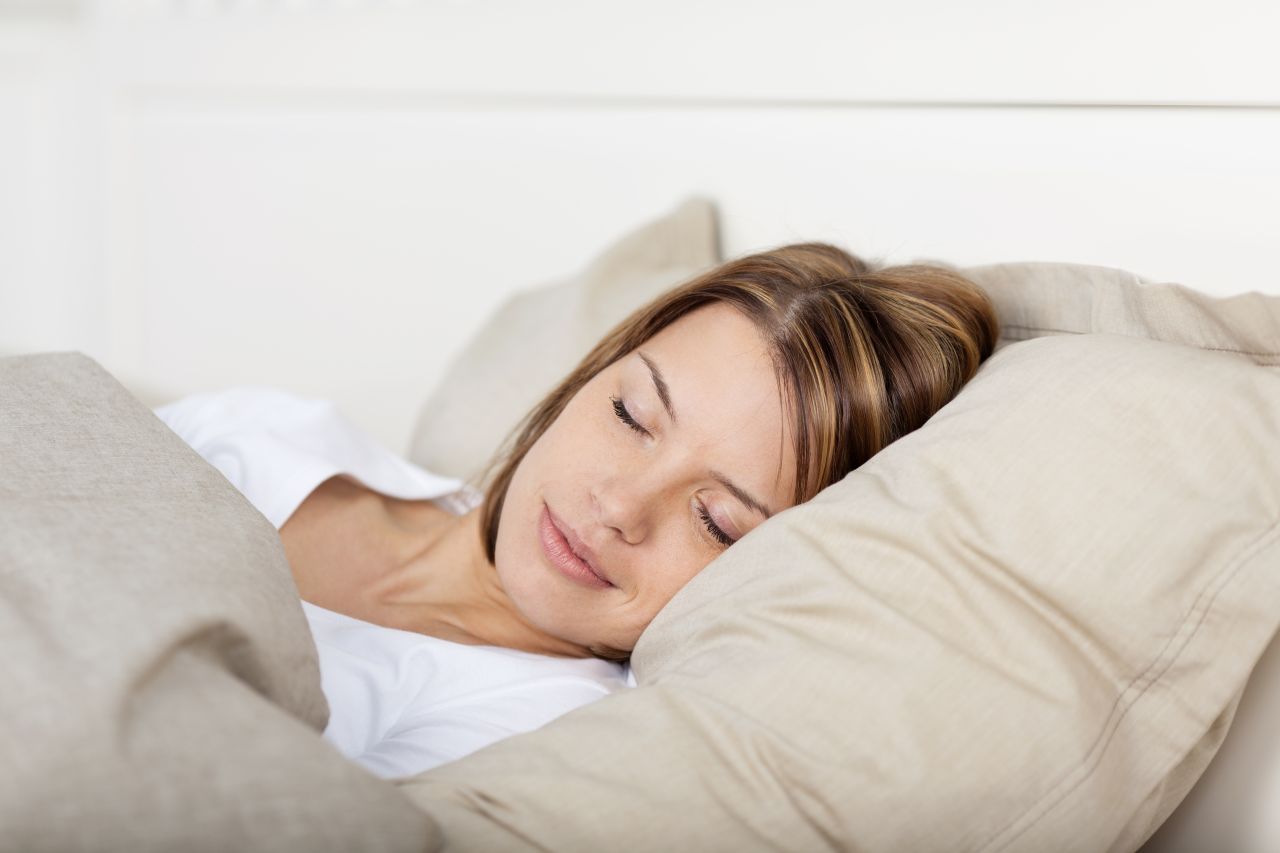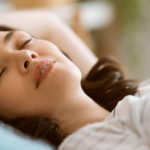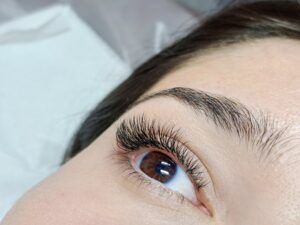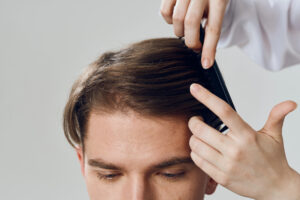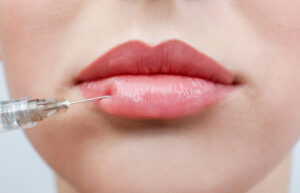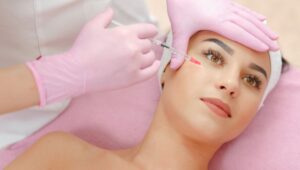The amount of sleep each person needs varies. While some individuals may require more than 9 hours of sleep, others might only need less than 7 hours. However, the majority of healthy adults need 7 to 9 hours of sleep in order to function optimally.
We are all aware that lack of sleep, also known as sleep deprivation, can cause us to feel unfocused and irritable. However, it is important to realize that it can also have a significant impact on our overall health. According to a study carried out by the Centers for Disease Control and Prevention (CDC), over a third of adult Americans do not get enough sleep. Each year, more research is conducted which highlights the various health issues associated with not getting sufficient sleep. These include obesity, diabetes, depression, accidents, and heart disease. Furthermore, it may come as a surprise to learn that sleep deprivation can even harm the skin. For more information on the effects of sleep on the body and skin, continue reading.
Sleep and the Body
Scientists have determined that our body undergoes a process of cell recovery and regeneration while we sleep, leading to the recognition of “beauty sleep” as a legitimate concept. Additionally, this period allows for the emergence of healthy skin cells to repair damage incurred throughout the day.
When the skin is unable to heal at night, there is a decrease in the vitamins and minerals it contains. As a result, the amount of moisture in the skin is reduced, leading to inflammation, dehydration, and irritations. Consequently, this can cause the formation of fine lines and wrinkles on the skin.
Sleep and the Skin
The pituitary gland, also known as the “master gland,” produces human growth hormones during the initial three hours of our sleep. These hormones play a crucial role in maintaining the youthful and glowing appearance of our skin as we grow older.
The production of melatonin, a hormone released by the pineal gland, is enhanced during the two hours of our sleep following. This hormone is responsible for regulating our body’s sleep/wake patterns, known as the circadian rhythm. Additionally, melatonin works as an antioxidant, helping to protect the skin against harmful free radicals.
In conclusion, during the last three hours of our sleep, the production of cortisol, which is the hormone responsible for stress, decreases. As the temperature of our skin decreases to its lowest level, our muscles are able to relax and remain still, allowing our skin to recover deeply during this time.
Increases Stress
Your skin is directly affected by stress. Insufficient sleep leads to increased stress levels, which in turn raises cortisol levels in your body. Cortisol is highly detrimental to your body as it negatively impacts your immune system, blood sugar levels, and particularly, your skin.
An overabundance of cortisol triggers your skin to produce an increased amount of sebum. This surplus of sebum can result in inflammation, potentially leading to the development of acne as the pores become blocked with oil.
Causes Pigmentation
Getting sufficient sleep is important for maintaining your appearance, as lack of sleep can result in pigmentation issues. When you don’t get enough sleep, it hampers blood circulation and reduces the oxygen levels in your blood, ultimately causing skin pigmentation.
Lack of sleep can lead to a higher release of adrenocorticotropic hormone, a hormone produced by the pituitary gland which affects skin color. This hormone can activate tyrosinase in melanocytes, leading to the formation of pigmentation caused by exposure to ultraviolet radiation.
Ages Your Skin
Many individuals who have not gotten enough sleep often suffer from dull skin and swollen eyes. However, prolonged sleep deprivation can result in more severe issues like dull and aged skin, the appearance of fine lines and wrinkles, the development of age spots, and the presence of dark circles under the eyes.
When the body does not get enough sleep, it has a tendency to increase the production of cortisol, which is a stress hormone. Excessive cortisol in the body can cause the degradation of collagen in the skin, which is the protein responsible for maintaining the skin’s smoothness and elasticity.
Inefficient production of growth hormones
Lack of sleep causes the body to produce insufficient amounts of the necessary human growth hormone which is responsible for stimulating growth during adolescence.
During a period of sleep known as deep sleep or slow-wave sleep, growth hormones are released. This process seems to play a role in the natural healing and rejuvenation of tissues, particularly the skin.
Addressing skin issues caused by sleep deprivation.
The most prevalent and simplest solution for repairing the harm caused by sleep deprivation is to increase the amount of sleep you get. Nonetheless, this does not imply that you should suddenly start sleeping for over 10 hours every night. Excessive sleep doesn’t accelerate the healing process and is also detrimental to your health. Make sure to aim for 7-9 hours of sleep per night, and you’ll soon see an improvement in your appearance and overall well-being.
No matter how busy you are with life, it is important to prioritize sleep. It is essential to establish a regular bedtime and waking time. Lastly, staying up late and not maintaining a consistent wake-up routine can be detrimental.
*Information in this article is not medical advice and may not be factually accurate. It is intended for entertainment purposes only. Consult with a physician before attempting any tips in this blog post and to get the most up to date factual data about any procedure or treatment.

